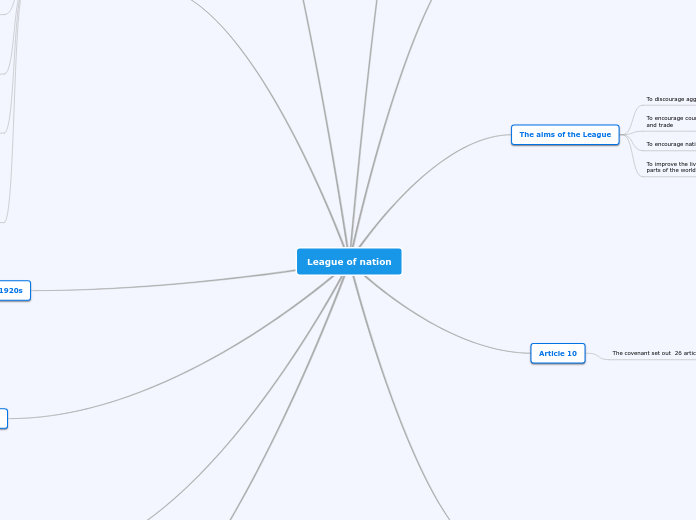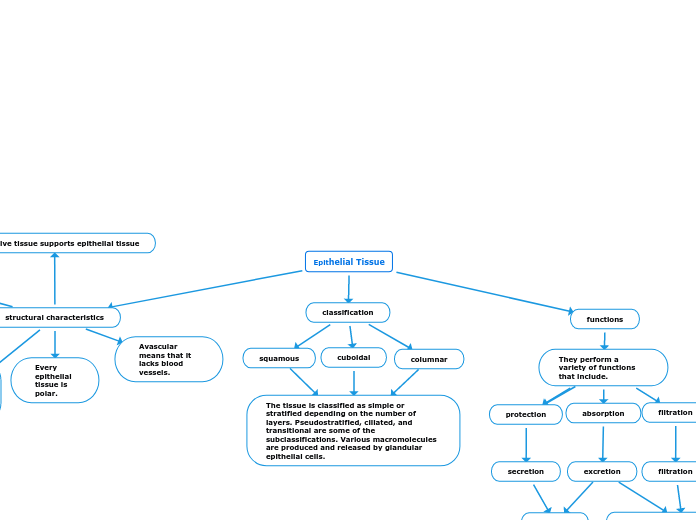Witness and Victim Support
Victim and Witness support
Third sector organisations including Victim Support
Tackling repeat victimisation
How ?
Victim and witness protection schemes
Witness Charter and support services including court information
Code of practice for victims of crime
How Public and Third Sector Organisations Support Victims and Witnesses of Crime
Local Initiatives
Which local initiatives exist to address crime and its impact on the community?
Train-Didcot
Safe
Reducing the Risk-Oxfordshire domestic abuse information
CPS Witness Care Units
Victim Support is the independent charity for victims of crime in England and Wales. We were set up over 40 years ago and have grown to become the oldest and largest victims' organisation in the world. - See more at: https://www.victimsupport.org.uk/about-us#sthash.kRc8bJGh.dpuf
How the police deliver the code
Role of public services: public services eg police, social services, probation, local authorities, education services, third sector organisations; agencies bound by code of support for victims of crimes; multi-agency cooperation and partnerships; support including advice, practical support, reducing the fear of crime
Victim and Witness Support Agencies
Survive
Probation
Rape Crisis
Victim Support-Witness Service
Citizen’s Advice Bureau
Education Services
Victim Support
Restorative Justice Charities
Conferencing
Indirect Mediation-Letters
Direct Mediation
Youth Offending Team
Social Services
Help the Aged
Women’s Aid Federation
Shelters for Abused Families
Shelter England
Local Authorities
The Samaritans
Police
Differences Between the Public and Third Sector Crime Reduction Agencies
Witness Support
You can complain if you are unhappy about the level of service received from any service provider referred to in this Charter (standard 21).
As a prosecution witness, you will be informed of any appeal against conviction and/or sentence. If you are requested to provide further evidence at an appeal, you will still be covered by the relevant standards in the Witness Charter (standard 18).
You can claim expenses for travel to and from the court and compensation for loss of earnings incurred as a result of attending court. This does not apply to defence character witnesses (standard 20).
You can refresh your memory of what you said in your statement or in video-recorded evidence in advance of giving evidence in court (standard 5).
You can visit the court before the trial and will be shown around by the Witness Service. Pre-trial visits are particularly helpful for witnesses who have been granted special measures as they will be able to get a feel for how those measures will operate beforehand (standard 11)
You will be given information (or the details of where information can be found) about the court and court process in advance of giving evidence so that you know what to expect (standard 11).
Measures will be taken in court to ensure that it is a safe environment for all and to ensure that prosecution witnesses, defence witnesses and their family and friends wait in separate areas (standard 14).
The date that you are due to give evidence should be arranged with your availability in mind. Your waiting time to give evidence in court should be kept to a minimum and, where possible, not exceed two hours (standards 9 and 13).
Applications for special measures should be made on your behalf to the court in good time and, if approved, should be available when you give your evidence in court (special measures section).
The police will conduct an initial assessment of your needs. If you are required to give evidence in court, the Witness Care Unit, police or defence lawyer will offer you a full needs assessment where appropriate. These assessments identify any help you may need to give evidence during the investigation or in court, including any special measures you may need if you are a vulnerable or intimidated witness (standards 3 and 8).
You will have a main point of contact at all stages of the process. As well as keeping you informed of the progress of the case, your point of contact will support you through the process or refer you to relevant support agencies (standards 7 and 19).
You will be treated with dignity and respect at all times by each of the
service providers you have contact with in the criminal justice system
(standard 1).
Witness Charter and Support Services Including Court Information
The Witness Charter
Code of Practice for Victims of Crime
Victim Code
The Code of Practice for Victims of Crime (the Code for Victims) is the statutory code which sets out the minimum level of service victims should get from criminal justice agencies.









